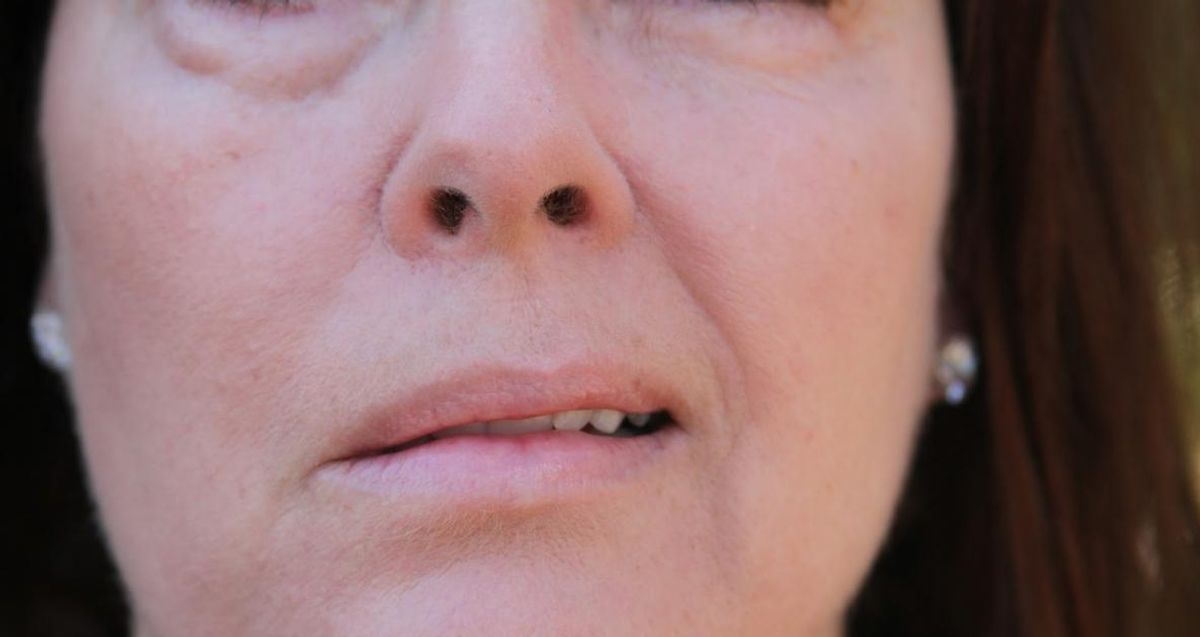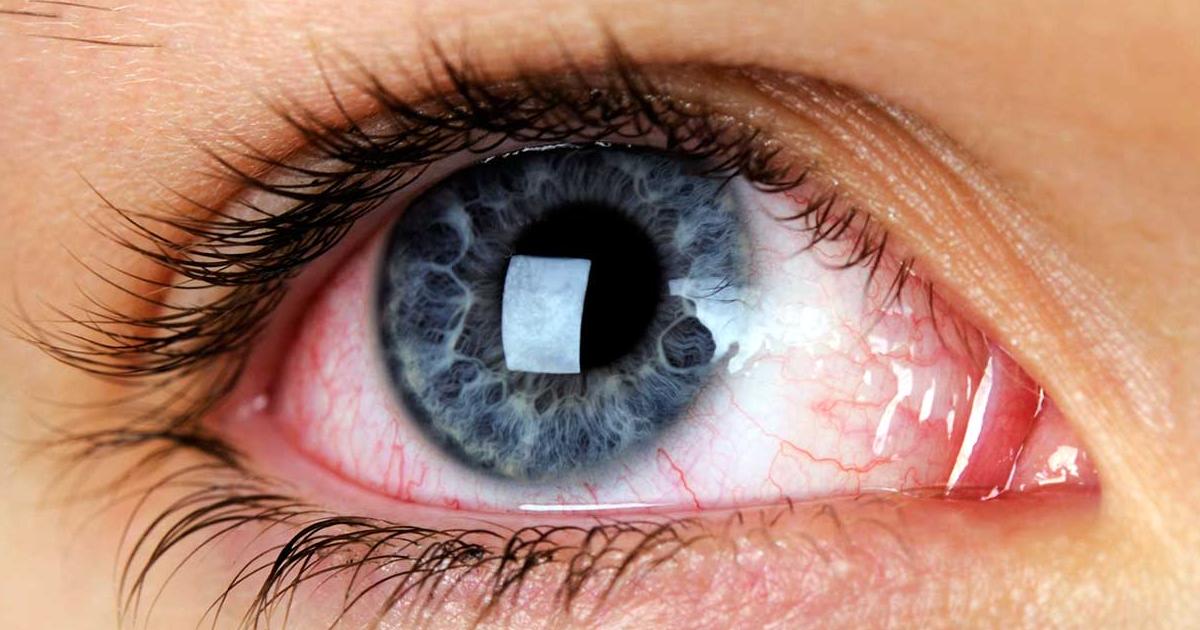Warning Signs Of Ramsay Hunt Syndrome
Ramsay Hunt syndrome is a disorder characterized by an infection of particular nerves in the face. This disorder occurs when specific nerves in the head region are infected by the Varicella zoster virus, which also causes chickenpox. The Varicella zoster virus may remain dormant in an individual who has been infected with chickenpox previously. When the infection becomes active and re-infects certain facial nerves, it is called Ramsay Hunt syndrome.
Any individual who has been infected with chickenpox may develop Ramsay Hunt syndrome, but it usually affects individuals older than sixty. The focus of Ramsay Hunt syndrome treatment is to prevent long-term complications and alleviate problematic symptoms. If this disorder goes untreated, damage to the eyes, permanent loss of hearing, weakness in the face, and postherpetic neuralgia may occur.
Facial Paralysis Or Weakness

Facial paralysis or weakness occurs when an individual loses the normal function of movement in the face. This paralysis can result in a droopy-like appearance of features on the side of the face affected by Ramsay Hunt syndrome. When this paralysis or weakness is caused by an infection of the facial nerves or Ramsay Hunt syndrome, it will come on suddenly. Often times, facial paralysis or weakness will manifest and cause the patient to lose the ability to close one eye.
Another common manifestation with facial weakness or paralysis is when one corner of the mouth begins to droop lower than the other. This drooping will cause the mouth to appear abnormally asymmetrical or uneven. A patient experiencing facial paralysis or weakness may not be able to speak as they usually would be able to. In addition, the loss of facial movement may make it difficult for a patient to eat normally. Most individuals who experience facial paralysis or weakness due to Ramsay Hunt syndrome will regain facial movement after undergoing treatment for the infection.
Painful Rash Around One Ear

Ramsay Hunt syndrome is caused by the same virus that causes chickenpox and shingles, both of which are usually identified by the characteristic rash they produce on a patient's skin. The rash that occurs in Ramsay Hunt syndrome may manifest on the pinna or the outer portion of the ear, and it also may affect the external ear canal. This painful rash around one ear can best be described as an erythematous rash or a rash that appears reddish. This type of rash is also one that blisters or is vesicular.
The painful rash that occurs around and in the ear of individuals affected by Ramsay Hunt syndrome will begin as red papules. These red lesions have distinct borders, usually between three and five millimeters in diameter. The papules will then grow and populate together to form a rash that eventually begins to blister or produce fluid-filled pockets. The fluid within the blisters may be used for a laboratory test to diagnose Ramsay Hunt syndrome. In order to avoid a secondary bacterial infection, this blistering rash requires proper hygiene and medical care. A physician may prescribe ointment containing antibiotics and steroids to speed up the healing of the rash.
Tinnitus

Tinnitus is a symptom that commonly occurs in those with Ramsay Hunt syndrome. Tinnitus means the patient hears sounds or noises when there are no external sounds present. These noises are often referred to as phantom noises. The sounds that occur with tinnitus are commonly described as ringing, roaring, hissing, buzzing, clicking, and humming. The sounds an individual hears when they have tinnitus may range from very high-pitched to very low-pitched. These sounds can also vary in terms of volume.
Any auditory disturbances or irregularities that occur as symptoms of Ramsay Hunt syndrome are due to the proximity of the facial nerve and the nerve that attaches to the inner ear. These nerves converge at a point, allowing for the Varicella zoster virus to come in contact with the nerve connected to the inner ear. When the infection of this nerve causes a hyperactive transmission of signals, it will result in tinnitus. When the infection impairs the transmission of signals between the ear and brain, it causes a general loss of hearing.
Hearing Loss

Temporary or permanent hearing loss can occur in Ramsay Hunt syndrome patients. Hearing loss is defined as any degree of lost function of the ear that impairs the patient's ability to hear normally. When hearing loss occurs in individuals with Ramsay Hunt syndrome, they may have difficulty with understanding a normal conversation and will ask others to repeat themselves often. It is common for Ramsay Hunt syndrome patients to feel as if they are able to hear, but are not able to understand what they are hearing. It is also difficult for these patients to hear in noisy situations like when they are in the car or when eating at a restaurant.
This hearing loss occurs in Ramsay Hunt syndrome patients when the Varicella zoster virus affects the seventh and eighth cranial nerve. While the exact mechanism of how the virus is transmitted between the facial, auditory, and cochlear nerves, it is understood the anastomosis of all three nerves plays a role. The effect the Varicella zoster viral infection has on the auditory and cochlear nerves can result in the permanent loss of hearing if the virus goes untreated.
Dry Mouth And Eyes

Individuals with facial paralysis as a result of Ramsay Hunt syndrome may report having excessive dry mouth and eyes. The eyes have a natural mechanism of keeping themselves moisturized and lubricated adequately at all times. When anything interferes with this mechanism, the eyes will become dry and irritated. Ramsay Hunt syndrome often causes a loss of movement in the face, including the eyes and mouth. This paralysis can cause the eye on the affected side of the face to lose its ability to blink regularly. Blinking is a significant component of the mechanism that keeps the eyes moisturized and lubricated.
As a result of reduced blinking, the eyes will quickly dry out and become inflamed. Just like the eyes, the mouth also has its mechanism of keeping moist and producing an adequate amount of saliva. However, the facial paralysis that occurs in Ramsay Hunt syndrome can make it difficult for a patient to close their mouth completely. The inability to do so results in the excessive drying of the mucous membranes inside of the mouth and loss of saliva. Both effects on the mouth can happen at any time, but they occur most often during the night.
